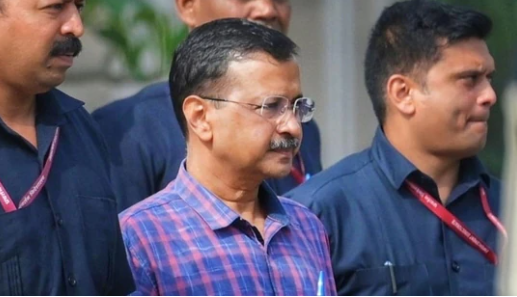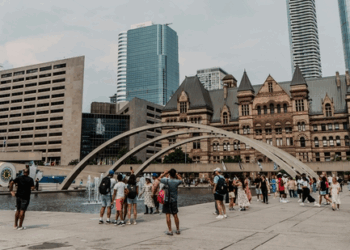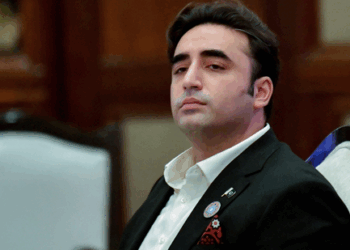The Delhi High Court has reserved its judgment on Delhi Chief Minister Arvind Kejriwal’s plea challenging his arrest by the Central Bureau of Investigation (CBI). Kejriwal, a prominent leader of the Aam Aadmi Party (AAP), had moved the court seeking relief against what he termed as an unlawful and politically motivated arrest.
During the hearings, Kejriwal’s legal team argued that the CBI’s actions were arbitrary and lacked sufficient legal basis. They contended that the arrest was an attempt to stifle political dissent and undermine the functioning of the Delhi government. The defence emphasized the need for judicial intervention to protect the democratic fabric and prevent the misuse of investigative agencies.
The CBI, on the other hand, defended its actions, asserting that the arrest was conducted following due process and was based on substantial evidence. They maintained that Kejriwal’s plea was an attempt to evade accountability and hinder the ongoing investigation.
The case has garnered significant public attention, with supporters and critics of Kejriwal closely monitoring the proceedings. The court’s decision is expected to have far-reaching implications, not only for Kejriwal’s political career but also for the broader discourse on the independence of investigative agencies and the protection of individual rights against potential state overreach.
As the judiciary deliberates on this high-profile case, the nation awaits the final verdict, which could set a precedent for future interactions between political entities and investigative bodies.








 India
India












